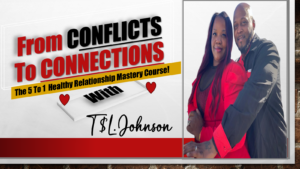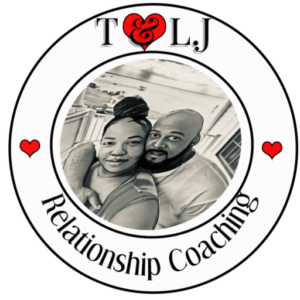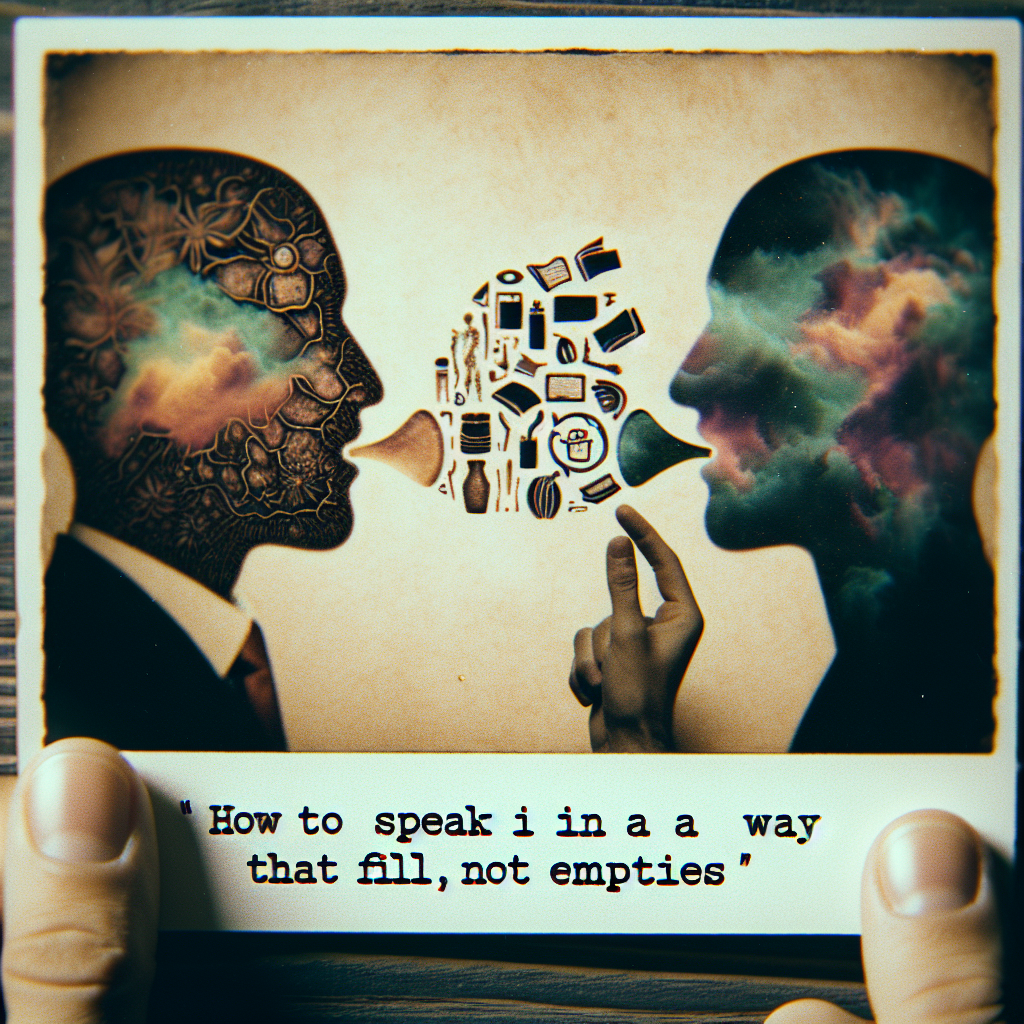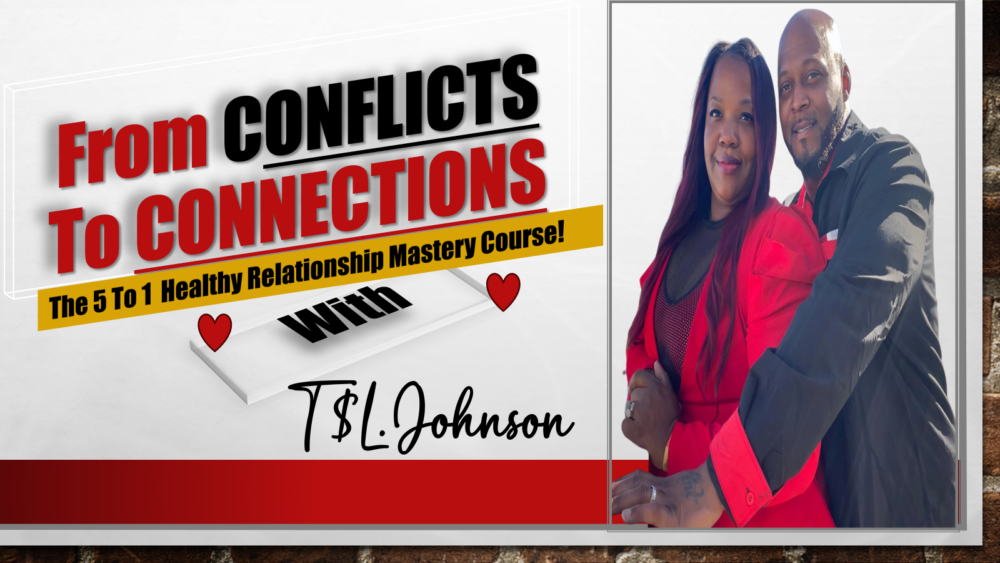Self-Reflection: Understanding Your Emotions
Digging Deep into Your Feelings
Self-reflection is an essential first step if you want to express your feelings without fear. I remember sitting quietly one day, trying to pinpoint exactly what I was feeling about a friend. It wasn’t easy, but it was necessary. Sometimes, we confuse our emotions; anger might mask sadness, while fear can block love. Take the time to dig deep into what you’re really feeling.
Start by journaling your thoughts. You might be surprised at how much clarity it brings! Writing things down helps declutter your mind and allows your true feelings to show through. When I did this, I discovered an underlying sadness that I hadn’t been able to articulate. Understanding what’s really going on in your heart is crucial.
Lastly, don’t rush this process. Exploring your feelings takes time. Make it a habit to check in with yourself regularly, and you’ll find that over time, it becomes easier to articulate what you feel without fear of judgment.
Choose the Right Time and Place
Setting the Scene for Honest Conversation
When I was ready to express my feelings, I learned quickly that timing can make all the difference. Finding the right environment is key. For this, you want a place that feels safe and comfortable for both you and the person you’re speaking to. I always preferred a quiet café where we could talk openly without interruptions.
Also, consider the emotional state of the person you’re speaking to. Are they dealing with a lot at work or going through a tough time? Make sure they are in a headspace to have a constructive conversation. I’ve had situations where I dove into feelings during heightened moments, and they didn’t go as planned. It’s all about picking your moments wisely.
Lastly, give the other person a heads-up. If you’re planning to discuss something important, let them know ahead of time. This simple gesture offers them the chance to prepare mentally and emotionally, making the entire process smoother.
Be Honest and Direct
Crafting Your Truth
Honesty is the cornerstone of any effective communication. When I first started expressing my feelings, I found that beating around the bush only created confusion. I learned that being direct can actually foster more meaningful relationships. When you’re clear about what you’re feeling, it opens the door for a deeper understanding.
Being honest doesn’t mean you have to spill every inch of your heart out at once. Sometimes, just a few carefully chosen words can convey your feelings. For instance, saying “I felt hurt when…” can lead to a better, more productive discussion than vague phrases!
Don’t shy away from speaking your truth. It can be daunting, but each time I’ve done it, I felt like a weight was lifted from my shoulders. And you know what? Most people appreciate honesty; it builds trust and shows you value the relationship enough to be open.
Manage Your Anxiety
Understanding and Overcoming Fear
Facing your fears is an integral part of expressing your true feelings. I can’t tell you how many times I’ve felt my heart race or my palms sweat just thinking about sharing how I feel. It’s totally normal, but I’ve learned some strategies to help manage that anxiety.

Breathing exercises can work wonders. Whenever I start to feel that tightness in my chest, I take a few deep breaths. It helps center my mind and calm those jitters. Visualization also helps! Imagining a positive outcome can help ground me before I have the conversation.
Lastly, accept that discomfort is a part of growth. Every time I pushed through that initial anxiety, I came out stronger on the other side. The more you practice expressing your feelings, the easier it becomes, and before you know it, you’ll be doing it like a pro!
Listen Actively to Their Response
Creating a Dialogue Instead of a Monologue
Once you’ve shared your feelings, it’s time to listen. I admit, this was one of the toughest lessons for me. After pouring my heart out, I often felt anxious about what the other person would say. But their response is just as important as what you shared.
Practice active listening. Show them you’re engaged by nodding your head or repeating back what they said to ensure you heard correctly. This not only demonstrates that you value their perspective but encourages a deeper connection.
Lastly, be patient. Sometimes the response may not be what you expected, but giving them space to express themselves is essential. Each time I’ve enacted this, it has paved the way for more robust and honest relationships, allowing both sides to grow.
FAQ
What should I do if I’m afraid to express my feelings?
Start with self-reflection to understand what you are truly feeling. Create a safe space for conversation and practice managing your anxiety. Remember, honesty is key!
How can I prepare for an emotional conversation?
Think about what you want to convey and why it’s important. Choose the right time and place, and perhaps jot down some notes to organize your thoughts beforehand.
What if the other person doesn’t respond positively?
It can be disheartening, but remember that everyone processes emotions differently. Be patient with them and give them time to respond. Stay open to dialogue and remain receptive to their feelings.
How do I deal with the fear of rejection?
Rejection is tough but sometimes necessary for personal growth. Focus on the courage it takes to express your feelings, regardless of the outcome. Each experience strengthens your emotional resilience.
Can expressing my feelings improve my relationships?
Absolutely! Open communication fosters trust, understanding, and intimacy, all of which are vital for strong relationships. When both parties feel safe expressing their feelings, it enhances the bond.

Schedule Your First 20-Minute Coaching
Call With Us Today to see if we fit . You pick the price!
Click Here






